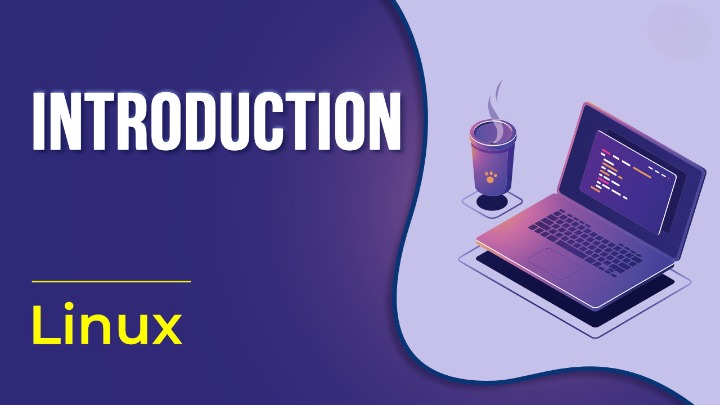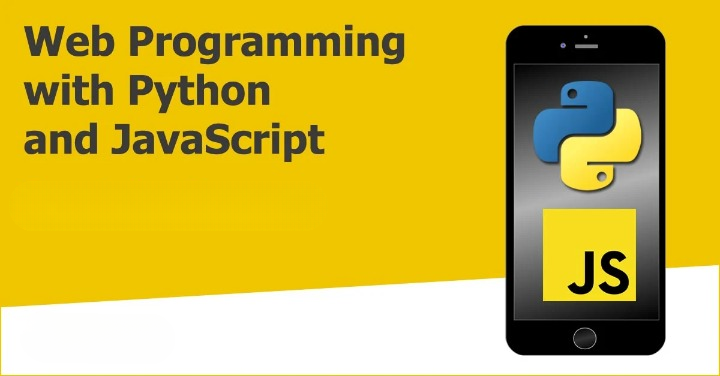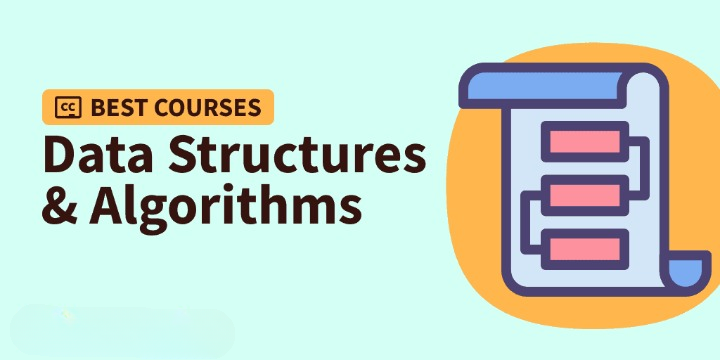Description
This course starts from the beginning, covering the basics of how a computer interprets lines of code; how to write programs, evaluate their output, and revise the code itself; how to work with variables and their changing values; and how to use mathematical, boolean, and relational operators.
By the end of this course, you’ll be able to write small programs in Python that use variables, mathematical operators, and logical operators. For example, you could write programs that carry out complex mathematical operations, like calculating the interest rate necessary to reach a savings goal, recommending apparel options based on weather patterns, or calculating a grade based on multiple percentages.






Shafaatu –
“The ‘Fundamentals and Procedural Programming’ online course was an incredible learning experience. The instructor’s clear instruction, engaging examples, and interactive exercises made complex concepts easy to grasp. The comprehensive coverage of programming fundamentals, including variables, data types, loops, and functions, provided a solid foundation. The course’s well-structured format and self-paced nature allowed me to learn at my own pace. It was an invaluable resource that transformed my understanding of procedural programming and prepared me for further coding challenges.”
Tijani –
“This course is an excellent introduction to the fundamentals of procedural programming. The clear and concise explanations, coupled with hands-on exercises, allowed me to grasp concepts quickly. I particularly appreciated the structured approach, which guided me through each topic step-by-step. By the end of the course, I felt confident in implementing procedural programming techniques in my own projects. I highly recommend this course to anyone interested in mastering the basics of procedural programming!”
Oluchi –
“Fundamentals and Procedural Programming has been an excellent learning experience. The lessons are well-structured and easy to follow, making it perfect for beginners like me. The hands-on exercises allowed me to apply my newfound knowledge and solidify my understanding of procedural programming concepts. I highly recommend this course to anyone looking to gain a strong foundation in programming.”